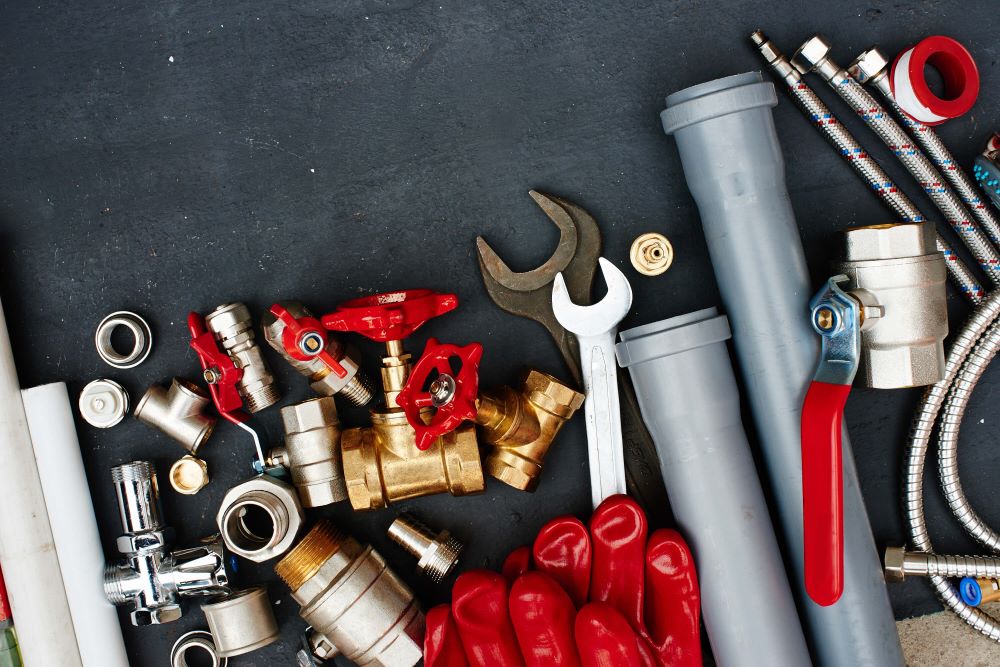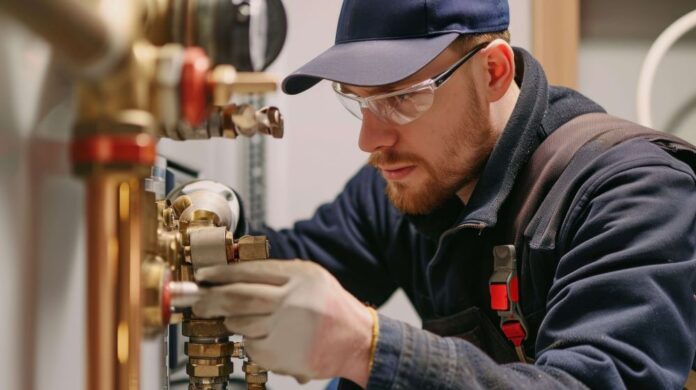Indeed – equipment repairs can be daunting, especially if you are not sure where to begin.
Yet, you do not have to worry; this post has got you covered. This guide will help you explore various solutions for repairing your equipment, saving you time and money as a result. Read on to learn more.
Assess The Damage Of The Equipment
Prior to diving into repairs, it is important to assess the damage. Thus, you need to inspect your equipment thoroughly. Look for obvious issues like broken parts, leaks, or unusual noises. Aside from that, you have to look into other aspects like if the repairs require large area maintenance shelters and the like.
If you are unsure, consult the equipment’s user manual or seek professional advice. Understanding the problem is the first step toward finding the right solution.
When To Do Repairs Yourself: Taking The DIY Path

Sometimes, you can handle equipment repairs on your own. Simple fixes like replacing a worn-out belt or tightening loose screws are manageable with basic tools and a bit of repair know-how. DIY repairs can save you money and give you a sense of accomplishment.
When doing DIY equipment repairs, hake sure to follow these steps: first, look up tutorials or watch videos online concerning equipment repairs; next, make you have all of the necessary repair tools before starting; and finally, take safety precautions at all times.
Knowing When To Reach Out To A Professional For Equipment Repairs
While DIY repairs are great, there are times when you should call in a professional. Complicated equipment issues like electrical problems or major mechanical failures require expert attention. Attempting these repairs on your own can be dangerous and might worsen the problem. A professional can diagnose the issue accurately and ensure it’s fixed correctly.
Picking The Right Equipment Repairs Company
Finding a reliable repair service is essential. Start by asking for recommendations from friends or colleagues. Read online reviews and check the company’s credentials. Consider the following factors: their experience, the warranty they are offering, the repair costs, and many more.
Take Into Consideration Maintenance Contracts
Did you know that regular maintenance can prevent many equipment repairs issues? Consider signing a maintenance contract with a trusted service provider. These contracts often include routine inspections and minor repairs, keeping your equipment in top shape. Maintenance contracts can save you money in the long run by preventing major breakdowns.
Make Use Of Only Genuine Repair Parts
When replacing parts, always opt for genuine parts. While they might be more expensive, genuine parts ensure compatibility and longevity. Using cheap, counterfeit parts can lead to further damage and void warranties. Always purchase parts from reputable suppliers.
Take Advantage Of The Latest Technology
Technology can be a great ally in equipment repairs. Many modern pieces of equipment come with diagnostic tools that can help identify issues. Additionally, there are numerous apps and online resources that offer troubleshooting advice. Leverage these tools to streamline the repair process.
Keep Records Of Your Equipment Repairs
Keeping a repair log is a smart move. Document every repair, including the issue, the solution, and the date. This log can be invaluable for future repairs, helping you or a professional understand the equipment’s history. It also aids in identifying recurring problems, which might indicate a need for replacement rather than repair.
Train Your Team Members Concerning Equipment Repairs And Many More
If you’re managing a team that uses the equipment, ensure they’re well-trained. Proper usage and handling can prevent many issues. Regular training sessions can educate your team about basic maintenance tasks and signs of potential problems, reducing the need for frequent repairs.
Have A Backup Plan In Place
Equipment failure can disrupt operations. Always have a backup plan. This might include having spare equipment on hand or establishing relationships with rental services. A backup plan ensures minimal downtime, keeping your operations running smoothly.
Have An Understanding Of Various Warranties
Before attempting any repairs, check your equipment’s warranty terms. Unauthorized repairs can void warranties, leaving you with hefty repair bills. Always follow the manufacturer’s guidelines and use authorized repair services when required.
Take Into Consideration Repairs Costs VS. Replacing Your Equipment Altogether
Sometimes, repairs can be more expensive than replacing the equipment. Evaluate the cost of repairs versus the cost of new equipment. If repairs are frequent and costly, investing in new equipment might be more economical in the long run.
To Conclude
Exploring solutions for equipment repairs doesn’t have to be overwhelming. By assessing the damage, knowing when to DIY or call a professional, choosing the right repair service, and so on, you can keep your equipment in top shape.
Additionally, make use of genuine parts, leverage technology, keep a repair log, train your team, and many more. With these tips, you will be well-equipped to handle any repair issues that come your way. All the best.
